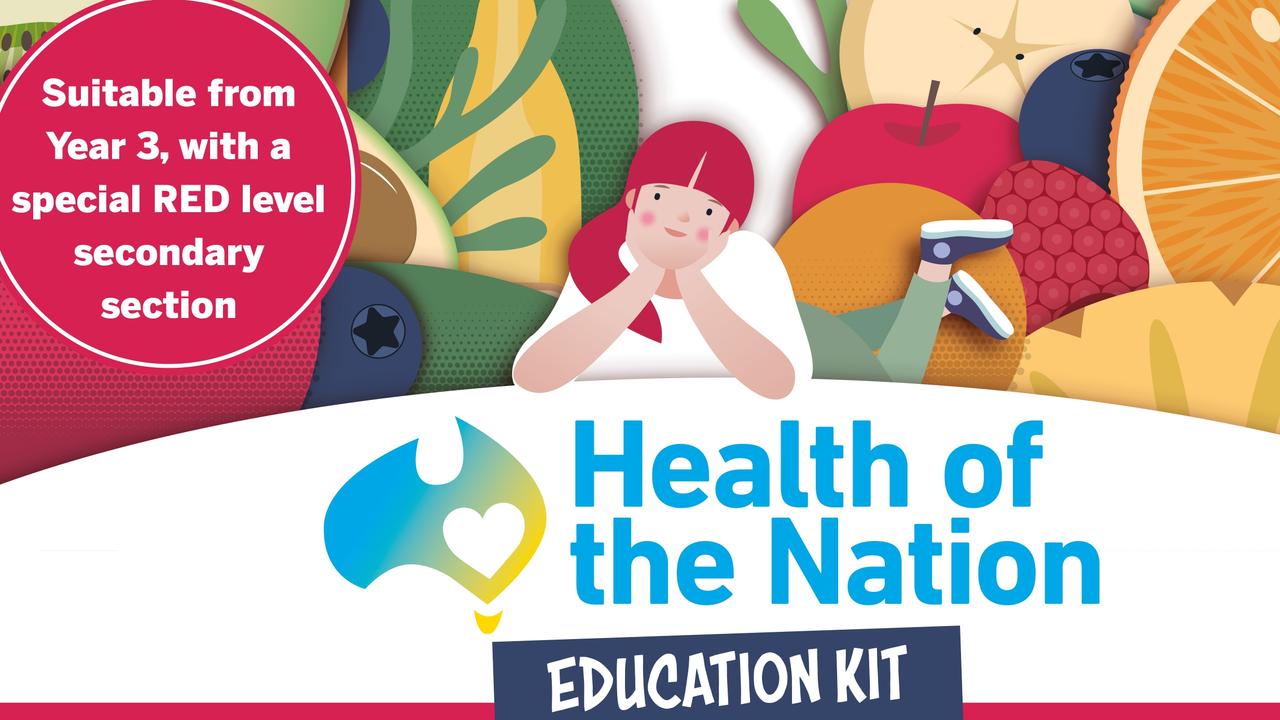Health of the Nation 2024: The importance of good friendships and relationships and dealing with bullies
Part 11: Having good friends and positive relationships in your life can provide a sense of belonging, security and support, which is why social connection is so important
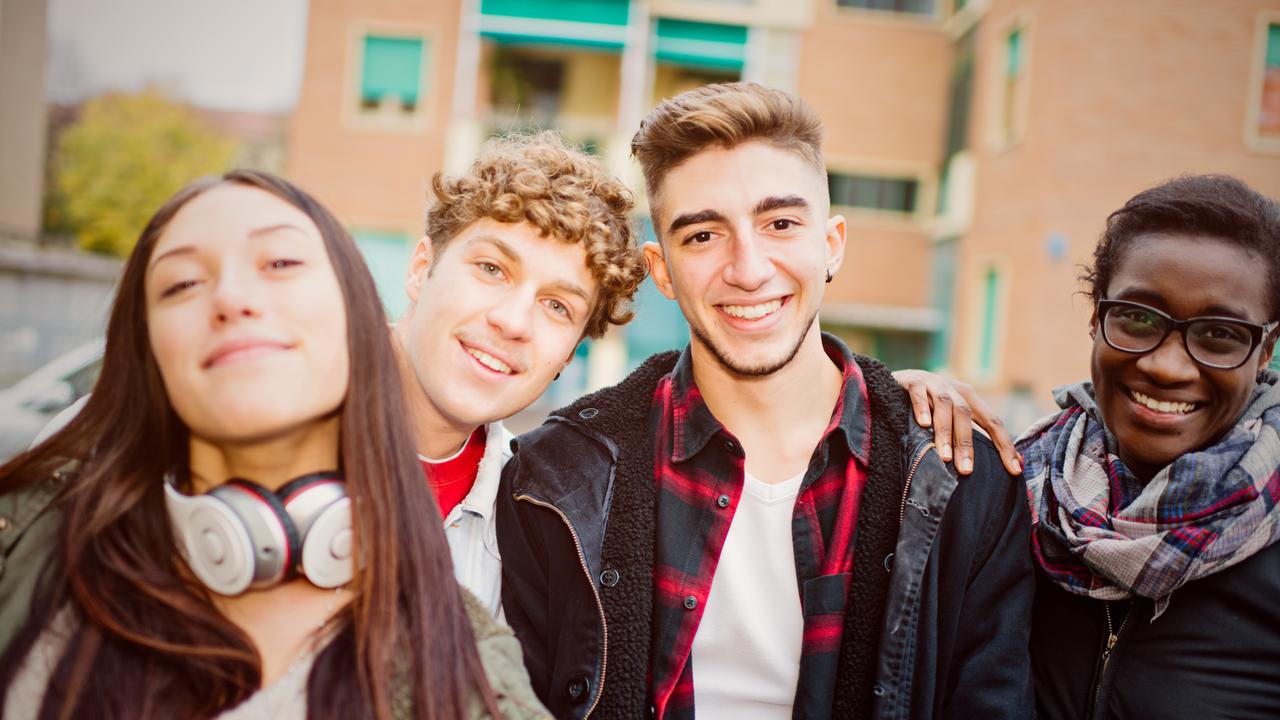
READING LEVEL: RED
Friendships and relationships with others change during our teenage years.
Tweens and teenagers often spend much more time with friends and less time with their parents and family. These friendships can become more intense*, close and supportive.
“Typically, 16 to 17-year-olds want more autonomy* from their parents and increasingly turn to their friends for advice and support,” said former Australian Institute of Family Studies director Anne Hollonds.
This shift means that young people’s relationships with others can have a significant influence on different aspects of their lives, said Reach Out clinical lead Linda Williams.
“Good relationships with friends and family can play a positive role, by helping create a sense of belonging, a sense of security, feeling good about oneself and by providing emotional and practical support,“ she said.
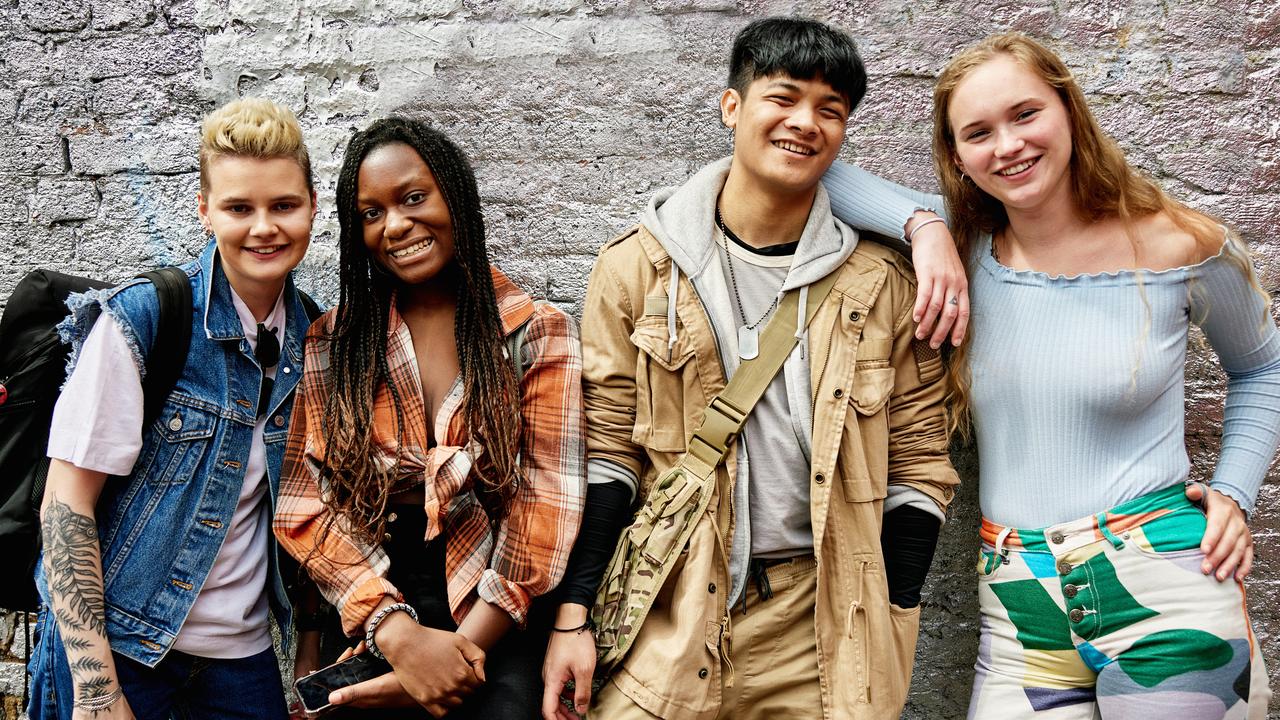
BUILDING RESILIENCE
The Growing Up in Australia Longitudinal Study of Australian Children also found that young people with at least one good friend are more resilient.
“Resilience really declines among young people without a friend that they feel they can trust, to talk to about any difficulties they may be facing,” Ms Hollonds said.
“Even the harmful experience of being bullied is not as potentially damaging to adolescents*’ resilience as the experience of not having a close friend to confide* in.”
The feeling of loneliness has been reported by over 57 per cent of young people and can have a big impact on their mental health.
“Socially connected young people experience better mental health, whereas young people who feel isolated and lonely are more likely to experience poor mental health,” said Beyond Blue clinical spokesperson Dr Luke Martin.

DISPUTES AND CONFLICT
While friendships are important to young people, issues can arise, said Dr Martin.
“Sometimes our friends might say or do things that are hurtful, or we can feel left out or upset by something a friend has done,” he said.
Many of these ups and downs in friendships are completely normal and having an argument or a misunderstanding doesn’t mean you can’t still be friends.
“And in fact, sometimes having a disagreement can help you understand each other better and strengthen the friendship,” Dr Martin said.
“If you’re having issues or a fight with a friend, it’s a good idea to make time to have a chat in person. While social media or on screen is the way many young people communicate, the meaning of what we say can sometimes come across the wrong way.”
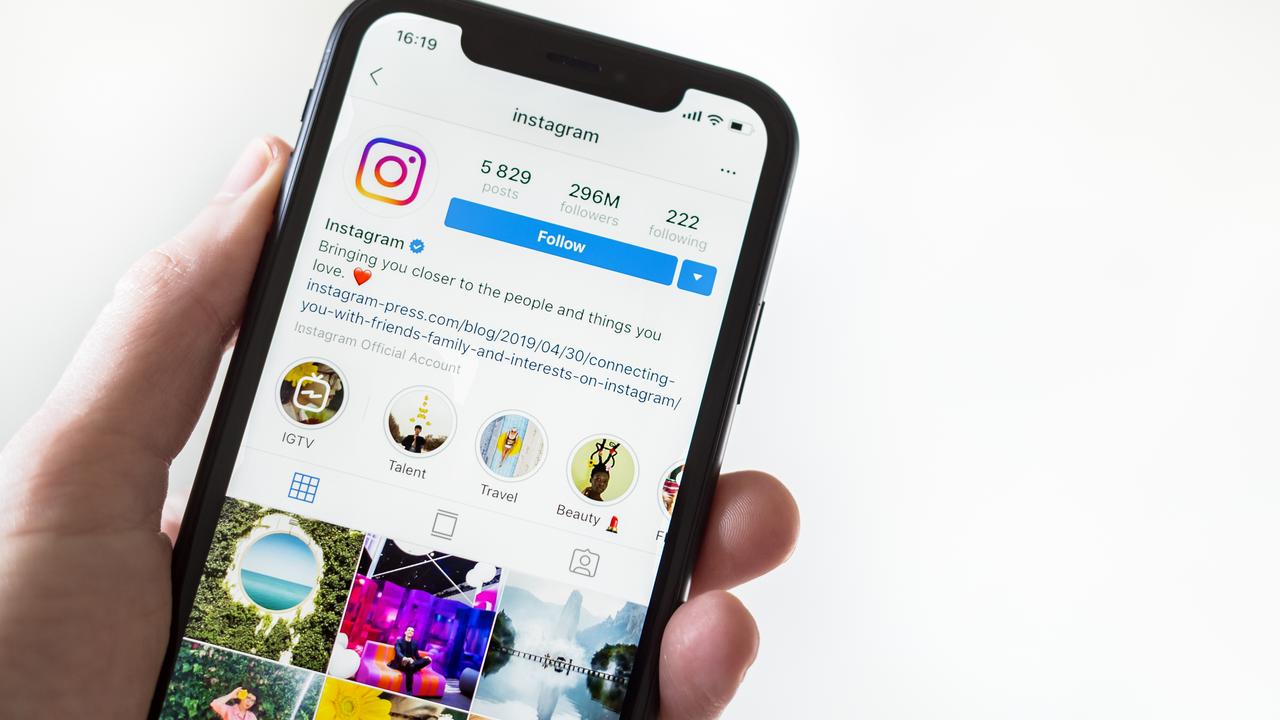
ReachOut’s Ms Williams said it can be helpful to first identify what exactly is making you feel uncomfortable; to speak to a trusted adult about this discomfort first and seek their input before having a conversation with the person you are having the dispute with.
“Setting boundaries or having time apart can also help sometimes,” Ms Williams said.
BULLYING
While disagreements and disputes are a normal part of friendships, bullying is not and is different from not getting along with someone.
“Bullying is not just ‘playing around’ or harmless fun – it can be very damaging to a young person’s mental health,” said Headspace national clinical adviser Rupert Saunders.
“Bullying is repeated verbal, physical, or social behaviour by one or more people towards someone, where there is an intention to cause fear, distress or harm,” he said.
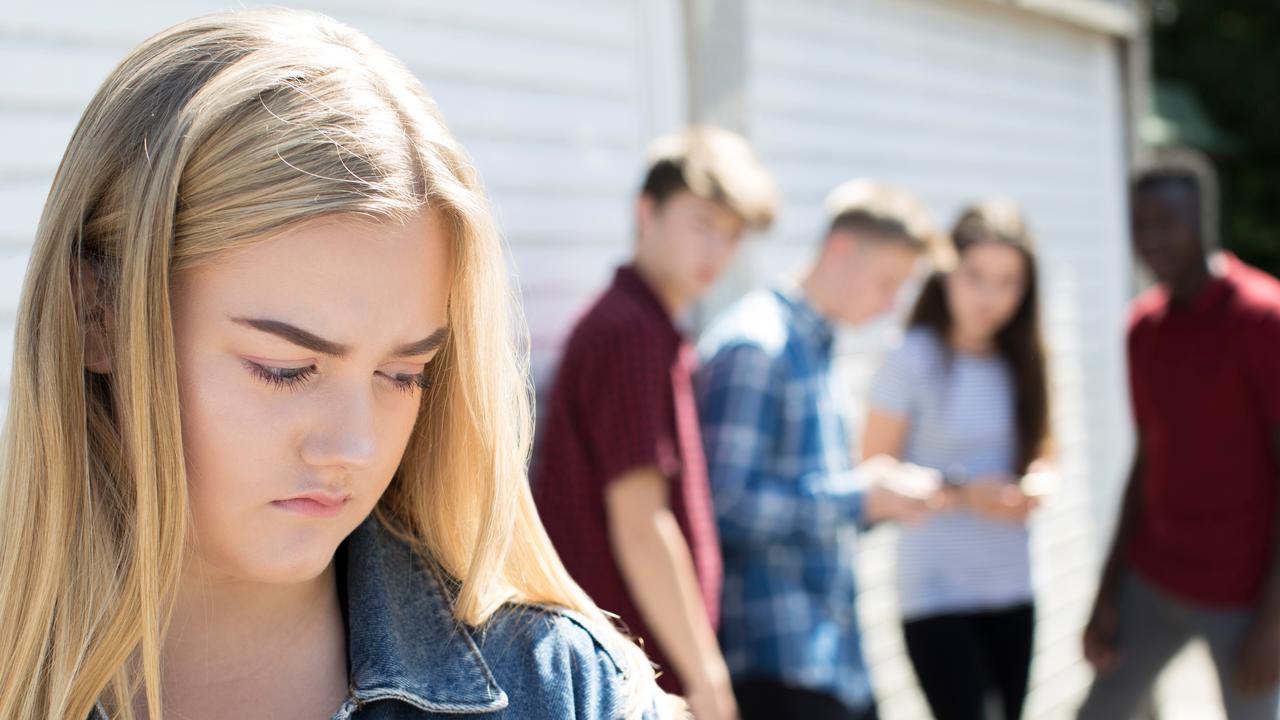
And unfortunately, recent statistics from Beyond Blue show that bullying is quite common among young people.
Approximately one in four Australian students are affected by bullying.
Approximately one in seven young people have been cyberbullied, with research suggesting this number may be increasing.
More than three-quarters of students who were bullied online were also bullied offline.
Bullying is the fourth most common reason young people seek help from mental health professionals.
Importantly, bullying doesn’t always look, sound, or feel the same, said Ms Williams.
It can be “overt”, which means it’s happening directly to your face.
It can be “indirect”, when mean things are said about you behind your back.
Or it can be “covert”, when it’s not obvious but there are sneaky and subtle things the bully is doing to make you feel not part of the group. This might look like whispering or excluding someone or playing nasty jokes on someone.

There is also cyberbullying, or online bullying, which is bullying that happens on social media or via text or instant messages.
It can also be done by one person or in a group towards one or more people.
The impact of bullying can range greatly from feelings of isolation, sadness, or hopelessness, as well as no longer wanting to go to school, losing interest in schoolwork, or stopping going out with friends.
“It’s really important for young people to feel safe in the places they spend most of their time in, like home and school,” Dr Martin said.
WHO YOU CAN TALK TO
There are a number of professional organisations who help kids and teenagers who are being bullied.
If you need someone to talk to, call or visit:
- Kids Helpline 1800 55 1800
- Beyond Blue counsellor on 1300 22 4636 (available 24/7) or chat to a counsellor online at https://www.beyondblue.org.au/get-support
- ReachOut at au.reachout.com
- Headspace at headspace.org.au
- If you’re not feeling physically safe or your belongings are being harmed or stolen, a responsible adult in your life can help you report the incident to police.
POLL
GLOSSARY
- intense: a very strong or extreme degree of something
- autonomy: gaining a form of control over oneself and one’s life
- adolescents: teenagers
- confide: to tell confidentially, not wanting it to be shared
QUICK QUIZ
- What are three of the positive effects a good friendship or relationship can have on how a teen feels?
- What did the Growing Up in Australia Longitudinal Study of Australian Children discover about resilience?
- Are disagreements a good or a bad thing among friends?
- How many Australian students have been affected by bullying?
- What is the difference between overt, indirect and covert bullying?
LISTEN TO THIS STORY
CLASSROOM ACTIVITIES
Kids News has produced a free Health of the Nation education kit full of classroom activities to support the information and expert advice in this series.
It has been crafted by one of our expert Kids News teachers and in 12 parts, it breaks down the steps needed for overall good health in children.
Sign up free to the Kids News weekly newsletter HERE to access the education kit plus more news and initiatives.
EXTRA READING
Part 12: Learning to appreciate and care for our bodies
(Note: Red Level content, suitable for secondary school students)

